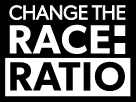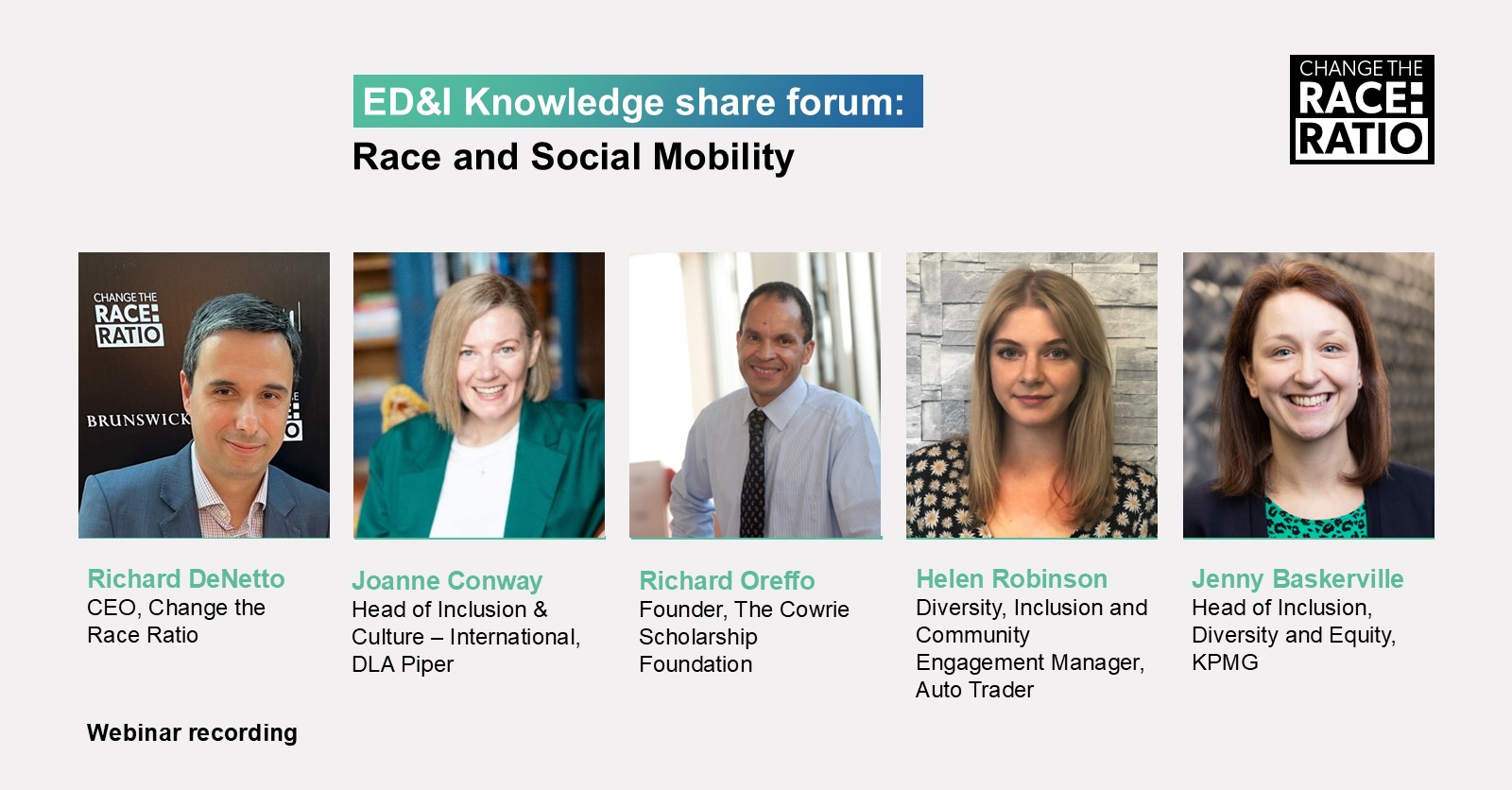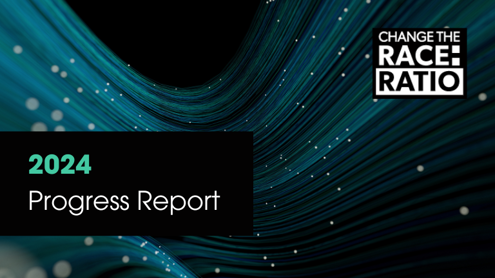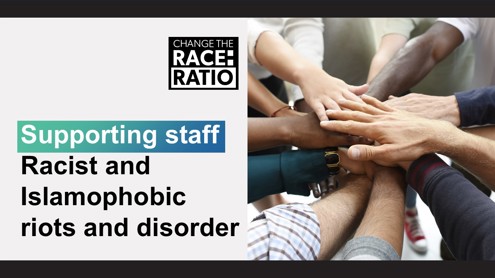Joining us at our ED&I Knowledge Share Forum, was our fantastic panel; Helen Robinson, Diversity, Inclusion and Community Engagement Manager at Auto Trader, Jenny Baskerville, Head of Inclusion, Diversity and Equity at KPMG, Joanne Conway, Global Head of Diversity Equity and Inclusion for DLA Piper and Richard Oreffo, Founder of The Cowrie Scholarship Foundation.
This session covered the important topic of the intersection between Race and Social Mobility and how businesses are supporting ethnic minority colleagues from lower socio-economic backgrounds. The panel discussed best practice, and the unique barriers faced when it comes to collating socio-economic data and highlighted the actions taken to support individuals, referencing key stats and findings along the way.
Here is some of the insights and learnings we took away:
Understanding the challenge of representation and inclusion from a race and socio-economic background
Research from a 2019 study by Sam Friedman, Daniel Laurison, found that class barriers do exist from an ethnicity perspective, with findings showing White British individuals from a working-class background are less likely to be found in senior roles in comparison to Chinese and Indian individuals from similar backgrounds. Yet White British from working-class individuals are more likely than Black, Pakistani and Bangladeshi British working-class people to be in leadership roles. Therefore, it’s important to look at the data insights and for companies to create a culture of belonging by focusing on inclusion for everyone, including how processes and policies have been set up.
Taking a holistic approach to diversity data is essential to understanding the makeup of employees in the organisation and across all areas.
Understanding individual’s unique experiences and the relationship between different characteristics via staff surveys and disclosure campaigns was found to be an invaluable way to get true insights and for the organisation to take direct and specific actions or interventions.
Richard Oreffo, founder of the Cowrie Scholarship Foundation, an organisation seeking to create new futures for talented Black British students from lower socio-economic backgrounds through education, provided insightful findings of students living in affluent areas were five times more likely to attend a high tariffed university than students living in a deprived area, demonstrating how socio-economic affects individuals.
Learnings and challenges from collecting data
Using data and statistics in isolation isn’t so helpful, but using data to tell a compelling story with a focus on proportionality shows the impact of representation and can help create an environment to attract, progress and retain individuals from lower socio-economic background.
Trust was also found to be a key factor in data collection. Our panel discussed the importance of providing clear communication to their colleagues, for example, stating what the data would be used for and who had, and more importantly didn’t have access, as well as explaining exactly what the organisation was trying to achieve around D&I in the workplace. This was especially important for collecting data on social mobility as the questions are very specific and not widely known. The questions as defined by the Social Mobility Foundation are; eligibility for free school meals, parental occupation at the age 14, if they were the first generation to attend University.
Capturing data from international offices can sometimes be challenging as its illegal to collect personal data around ethnicity in some countries. DLA Piper mentioned collecting social mobility data was a little easier, whilst they couldn’t ask the same questions as we do in the UK the global measure is Parents Occupation at age 14.
Our panel mentioned working closely with counterparts across the globe was a great way to present what the UK were doing with sharing best practice from both sides, and it was found conversations around social mobility were becoming more predominant across the globe.
DLA Piper developed the Head Start programme, which supports talented young people, called DLA Piper Scholars who are interested in legal services but due to socio economic reasons face barriers in entering and succeeding in the profession. The data showed that students who were recruited from these communities came from backgrounds that were less likely to enter and succeed in a professional service field, locations included the UK, China, Kenya, New Zealand and Australia. The program provided an opportunity for them to engage, network, and gain mentoring across the globe, helping to diversify the legal profession.







